First in the Berlin Oberliga and after 1990 in the Oberliga North East. He signed for FC Nürnberg in 1995. In the second division, the defender is unable to prevent the team being relegated to the third tier but he does catch the attention of a range of Bundesliga scouts in 33 appearances. At the age of 22, he joined the Werkself along with his brother Niko who came from Hertha Berlin. In his first season under coach Christoph Daum he was not a regular first choice but then he broke through and ended up playing 162 games for the Werkself.
In 2001, the international player, who gained 84 caps for Croatia and took part in two World Cups (2002 and 2006) and two European Championships (2004 and 2008), signed for Bayern Munich. In the next four years at Bayern he won the Bundesliga title twice, the DFB Pokal twice and the World Club Cup in 2001.
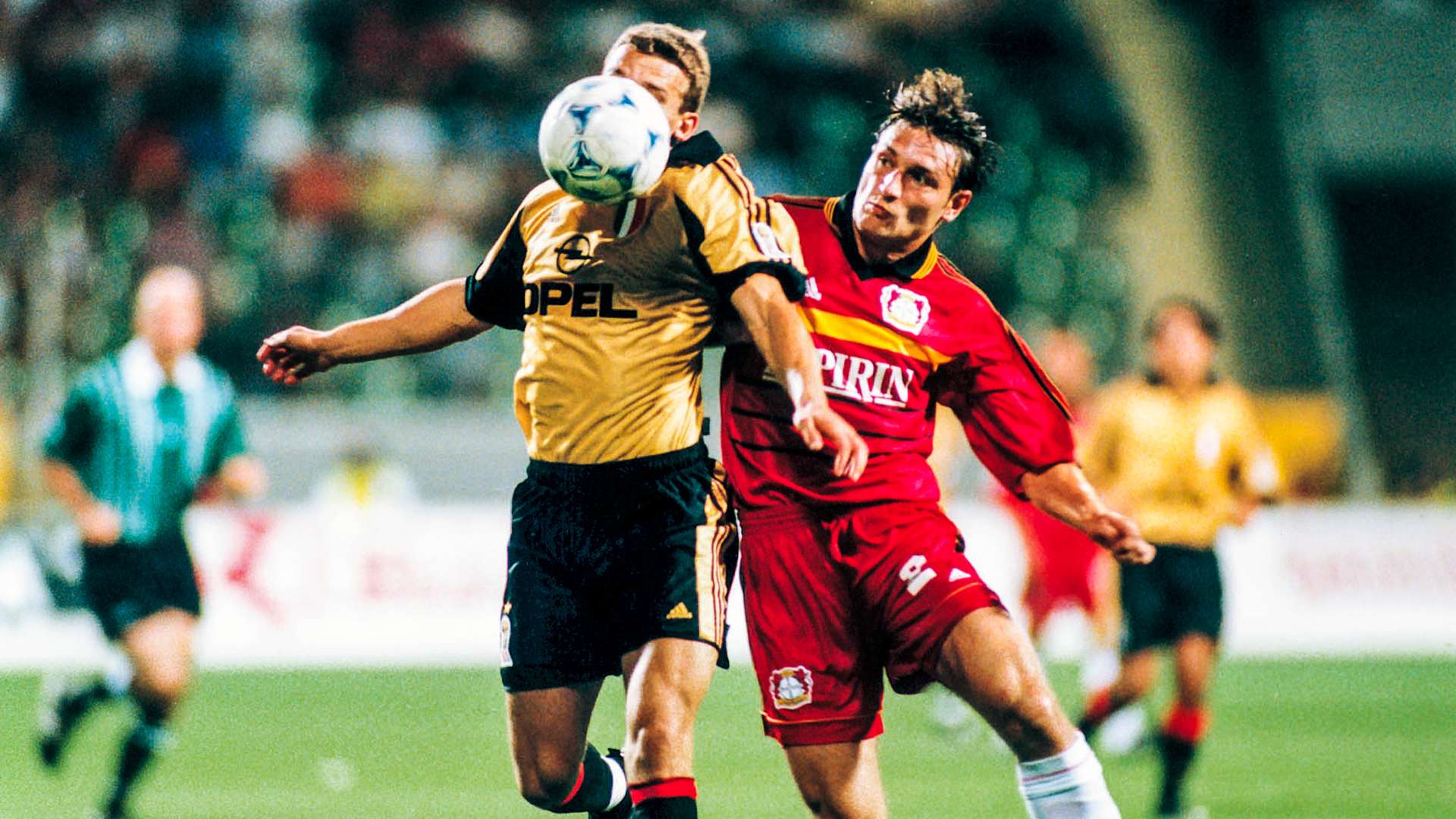

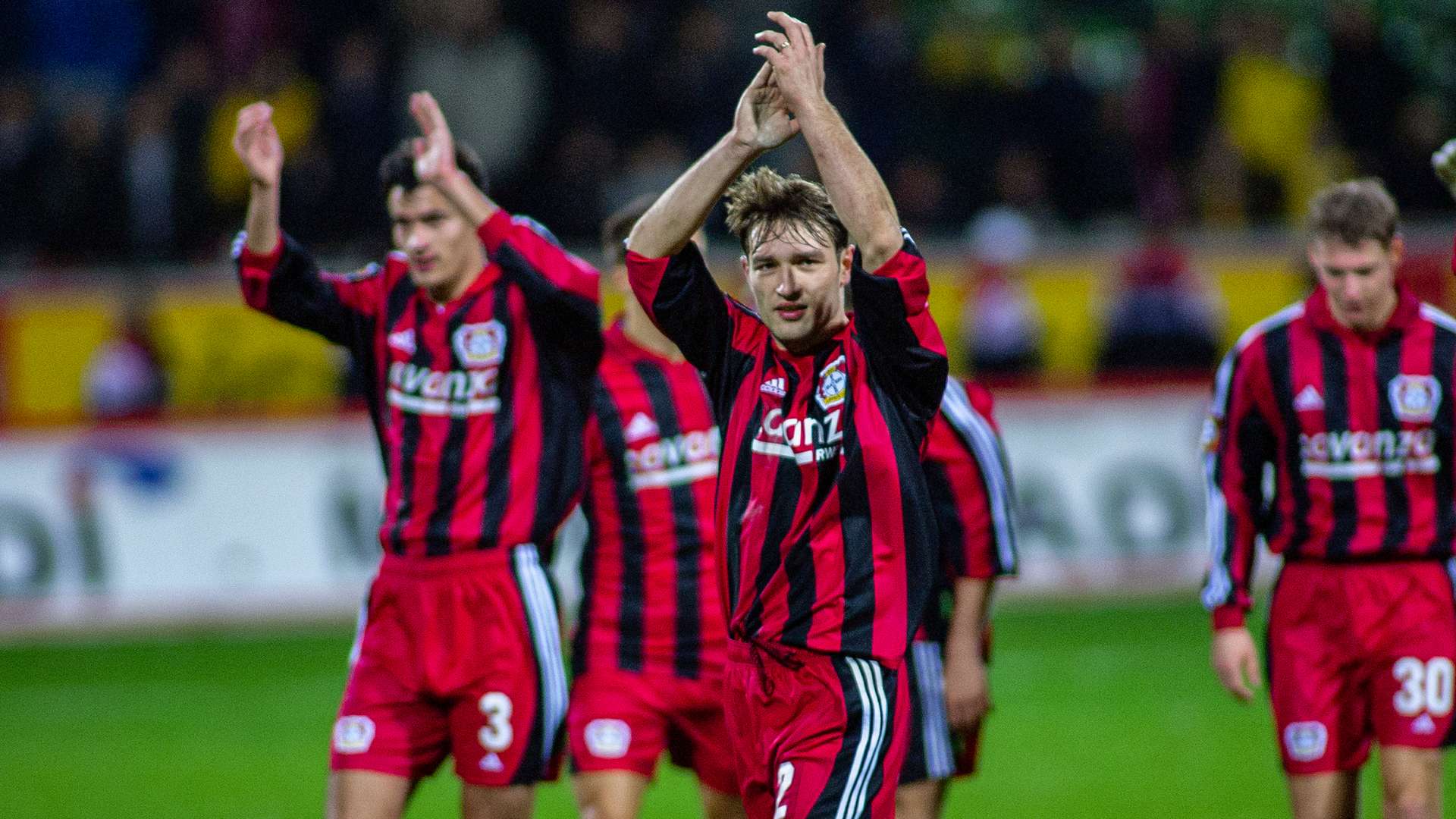
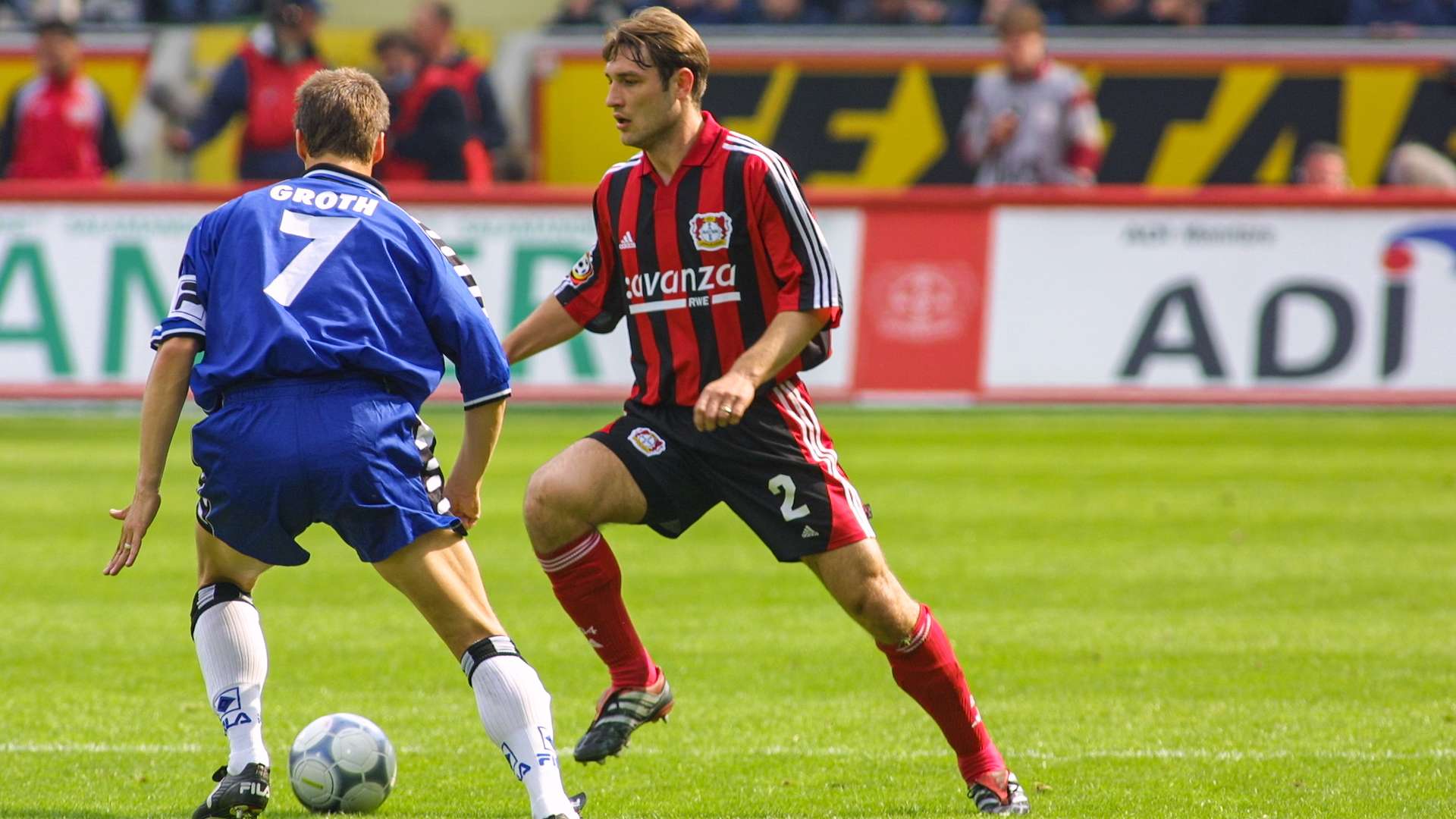
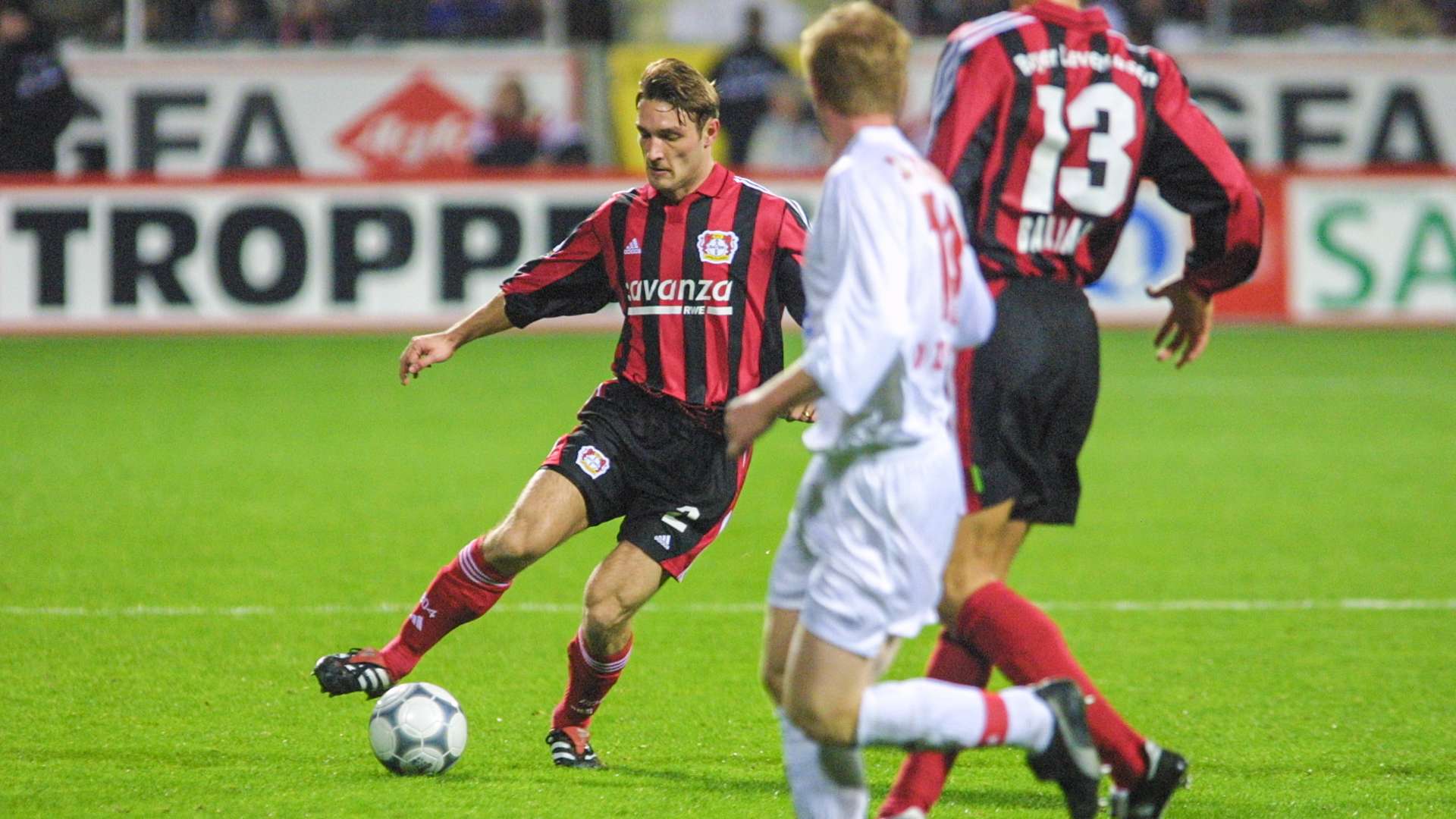
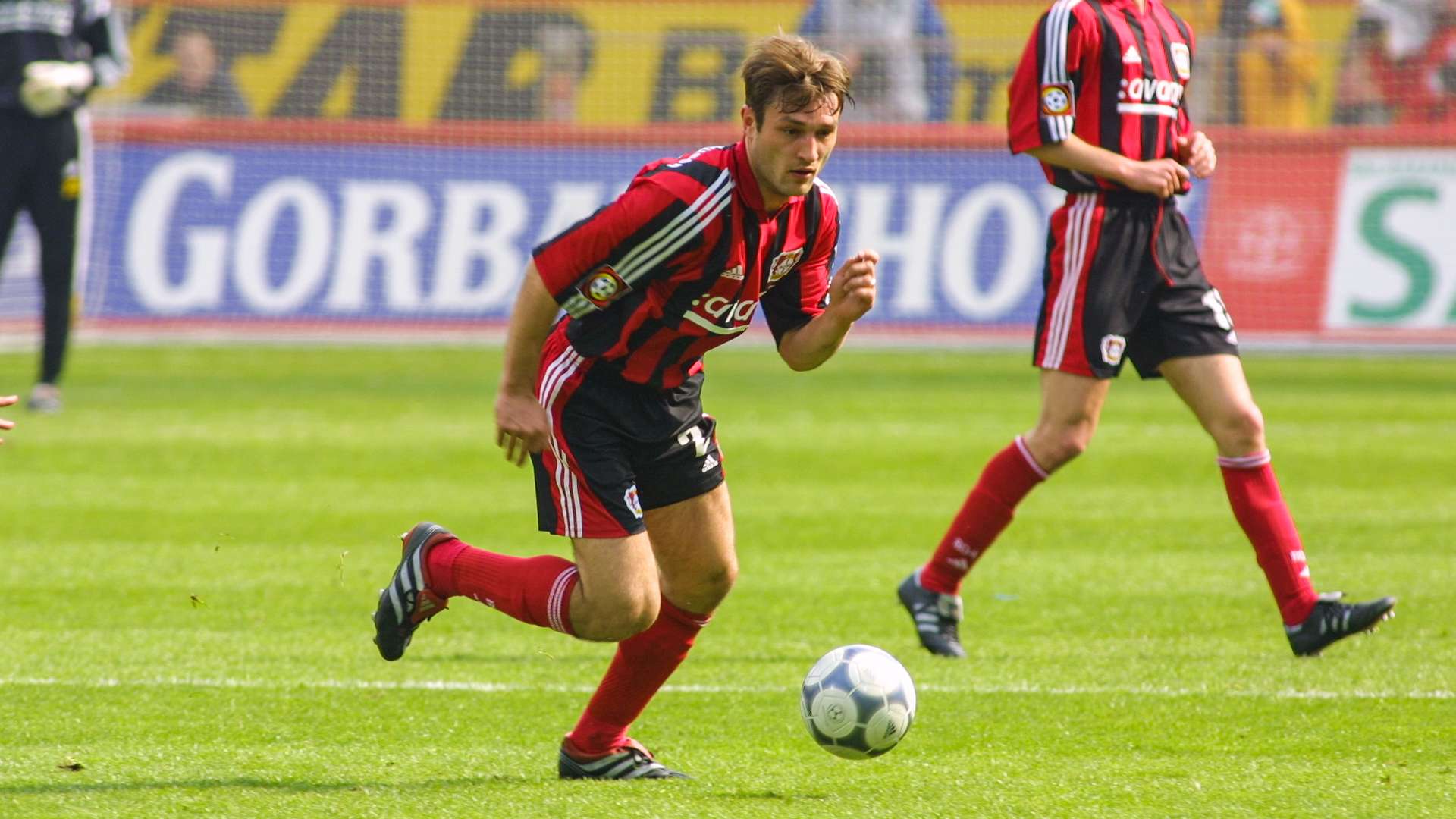
His next club for two years was the top Italian side Juventus although, after Robert's first season, they were demoted due to a match fixing scandal. He stayed in Turin and regained top-flight status with the Old Lady. In 2007 he returned to the Bundesliga to play for Borussia Dortmund. He ended his playing career in the winter of 2010 for the Croat serial champions Dynamo Zagreb where he won two titles. Robert hung up his boots after that season.
As assistant coach to his brother Niko he worked with the Croatia team from 2013 and later for Eintracht Frankfurt, Bayern Munich and AS Monaco. The Kovac brothers are currently at VfL Wolfsburg.
Dear Robert, many happy returns on your 50th. Have a great time and stay fit and healthy!
Related News
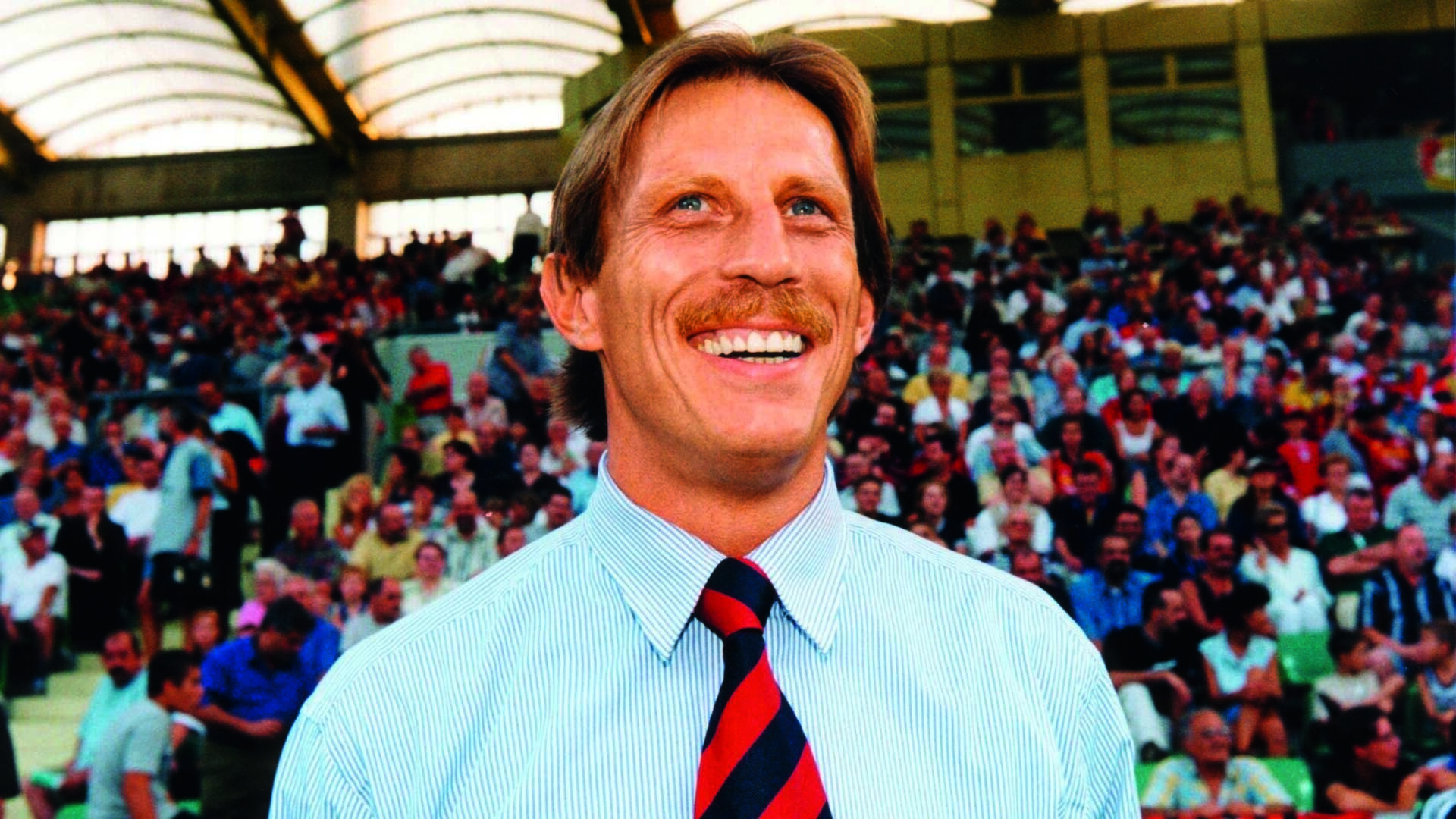
Legend: Christoph Daum - The man who taught us to want
Christoph Daum was born on 24 October 1953 in Zwickau. As a child, he moved to West Germany with his mother and grew up in Duisburg. He developed a great enthusiasm for football at an early age, even though it soon became clear that his future lay less on the pitch than on the sidelines. Even at a young age, his passion for analysing, explaining and improving things became apparent.
Show more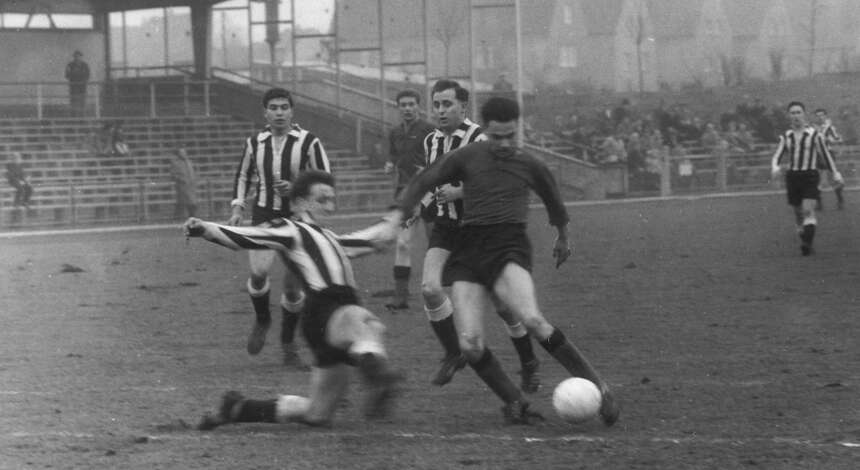
From the archives: 65 years ago - Another victory at last
When the Bayer 04 players celebrated Christmas in 1960, they spent the winter in second place in the Oberliga West 2 on 20 points - but already five points behind leaders Schwarz-Weiß Essen. However, coach Erich Garske's team are struggling to get back on track in the new year. A goalless draw against Bonner FV at home at the Ulrich Haberland Stadium was followed by a 2-1 away defeat in Erkenschwick. The following home game also yielded just one point. As a result, the team's promotion ambitions dwindled to a minimum, as the gap to the coveted spot has now grown to a challenging ten points.
Show more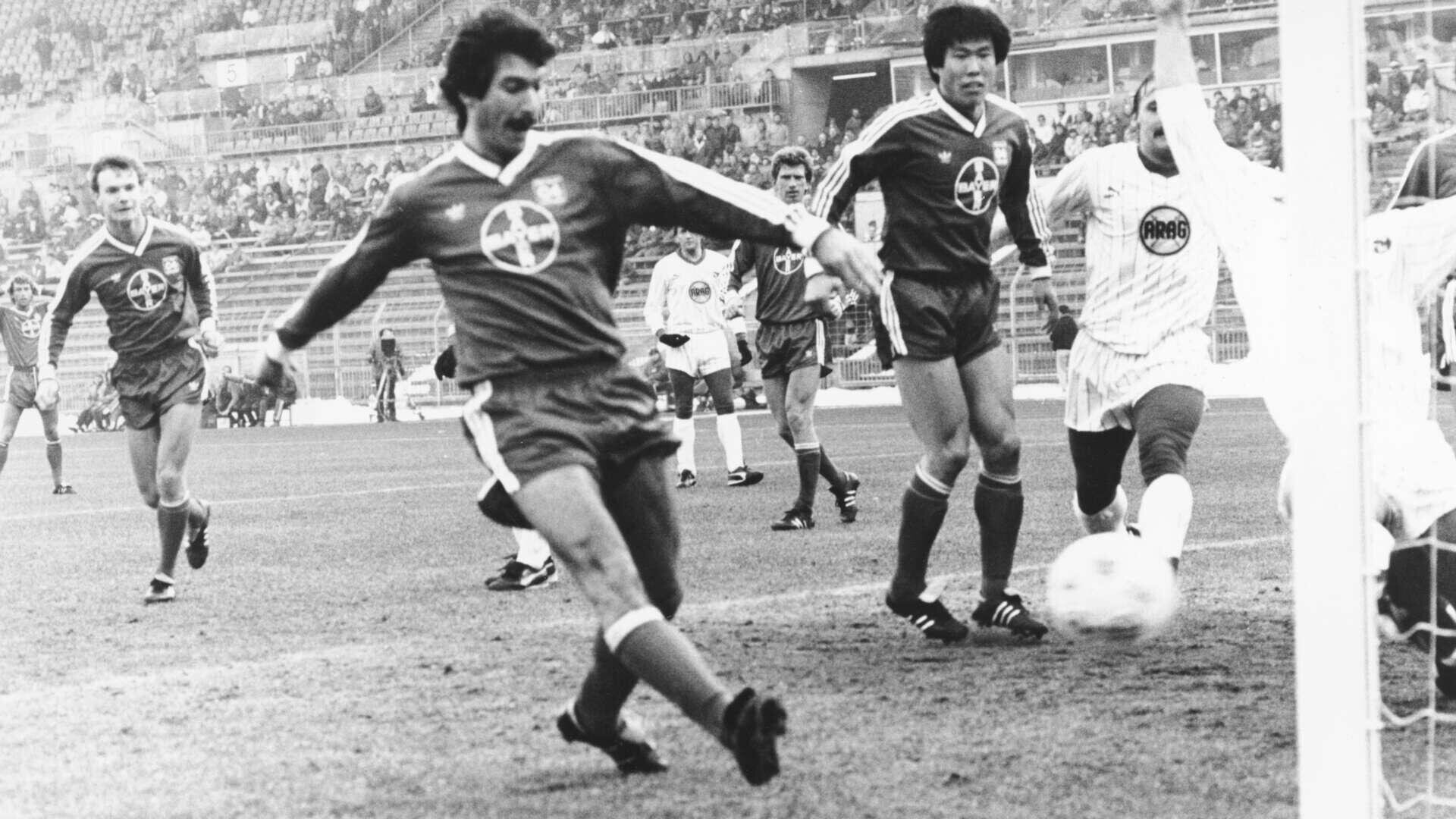
Goals of the month: From Waas to Tapsoba
In this video you can see impressive and important goals in Bayer 04 history from the month of February. It's not always about the beauty of the goals, but also a reminder of special games and players.
Show more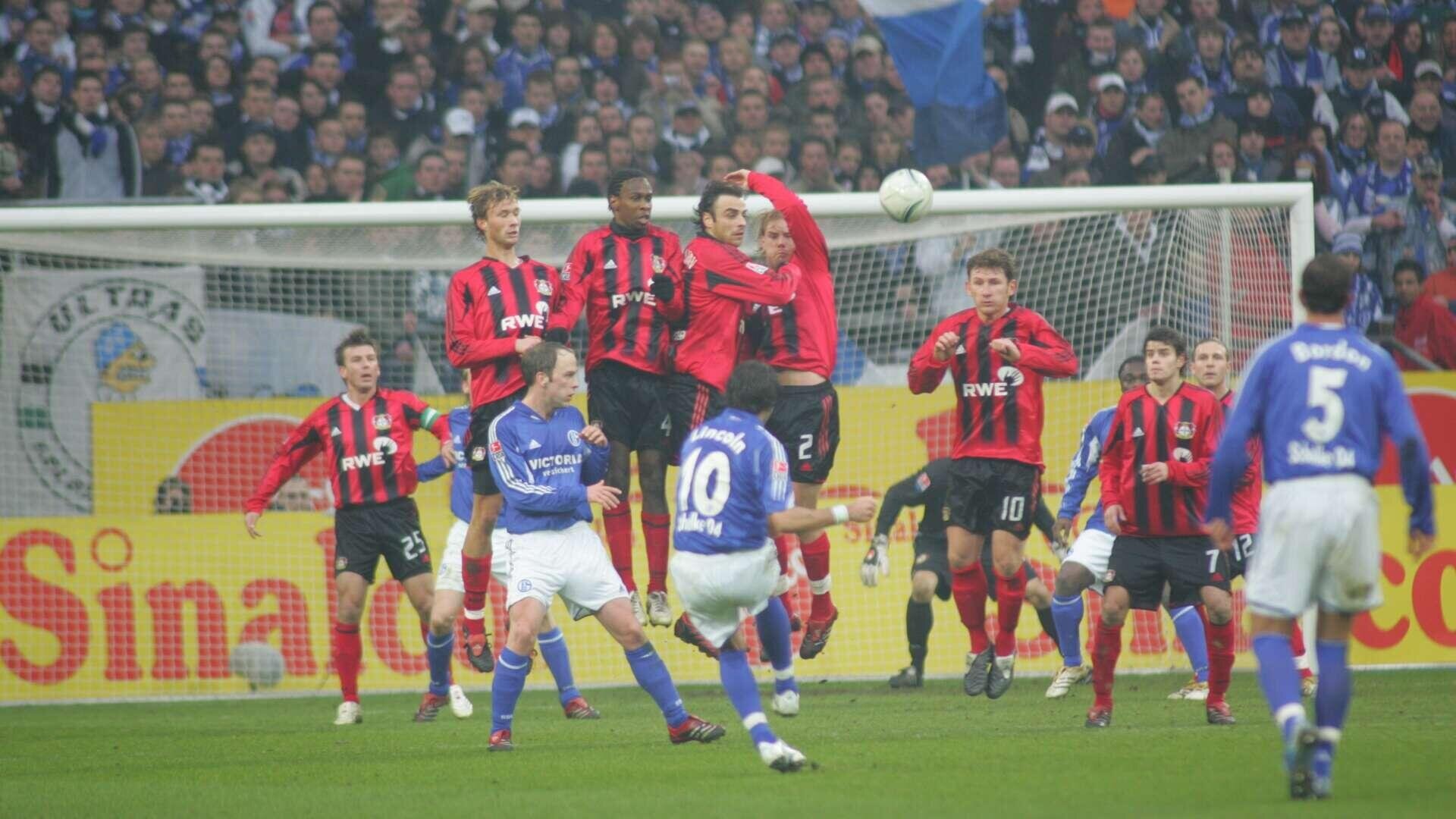
Match of the month: 20 years ago - A game of goals galore
It is 11 February 2006 and Schalke 04 and the Werkself kick off at 3.30 p.m. in a match that ends up being historic - at least from a Bayer 04 perspective.
Show more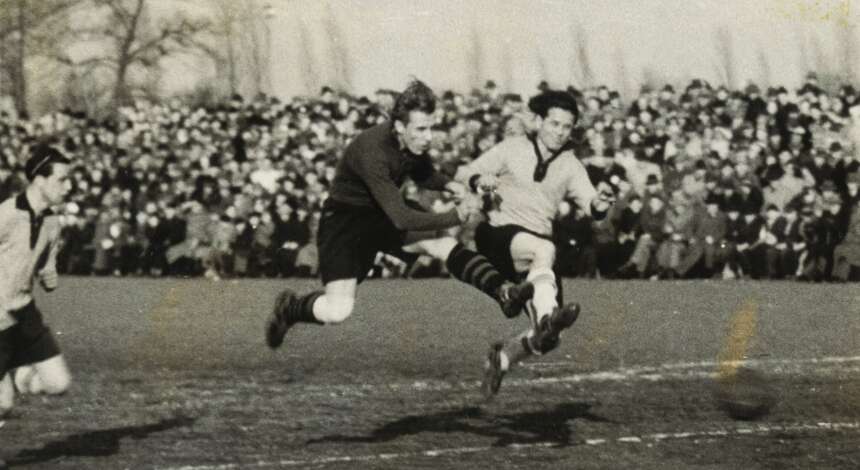
History: 75 years ago - The 1950/51 season (February)
As league leaders, the Werkself welcomed the relegation-threatened team from Rhenania Würselen. On 4 February 1951, 5,000 spectators line the touchlines despite the Sunday carnival parades. And they see a home team that is superior on the pitch. Without Theo Kirchberg, who was ill, and Emil Becks, who was suspended, the hosts attacked the opposing goal from the start. Battling against a strong wind in the first half, Bayer 04 created chance after chance, but were repeatedly thwarted by the Würselen goalkeeper. With the score at 0-0 at half-time, Karl Heinz Spikofski tried his luck on 55 minutes and hammered the ball into the opposition net from 20 metres out. Rhenania can no longer counterattack. The siege of the Würselen penalty area continued right to the end, but the game ended in a narrow 1-0 win.
Show more